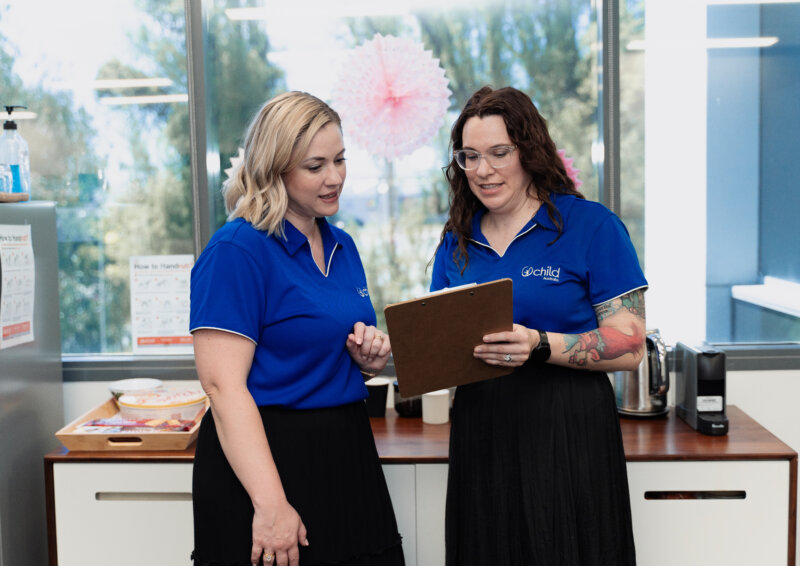Advocating for Your Professional Growth in Early Childhood Education
Element 7.2.3 of the National Quality Standards (NQS) states:
“Educators, co-ordinators and staff members’ performance is regularly evaluated, and individual plans are in place to support learning and development.”
This highlights the importance of professional development and growth, emphasising that ongoing learning is not just encouraged but essential in supporting the development of professionals in the sector
Shifting the Mindset Around Evaluations
If the idea of appraisals and evaluations makes you uncomfortable, take a moment to reflect on why.
Consider what aspects of the process trigger anxiety and work towards reframing your mindset. Instead of viewing evaluations as a judgment, see them as an opportunity for growth, self-improvement and career advancement.
As noted above, the process of professional development is crucial. The fact that there is a dedicated element in the NQS speaks volumes about its significance.
Skilled and knowledgeable educators are fundamental in shaping a high-quality early childhood education sector.
Moreover, when educators grow, the children they work with also benefit, creating a ripple effect of enhanced learning and care.
Using the Appraisal Process for Growth
One of the most effective ways to advocate for your own professional growth is to actively engage in the appraisal process and create a Professional Development Plan (PDP).
Think of it as your personal Quality Improvement Plan (QIP).
Just as services use a QIP to enhance practice, your PDP should serve as a structured approach to fostering your professional learning.
What Should a Professional Development Plan Include?
According to the NQS, individual professional development plans should:
- Develop educators’ professional knowledge, skills and practices.
- Support creativity, imagination, innovation and continuous quality improvement.
- Build an understanding of the influence of theories and beliefs.
- Support educators to deepen their understanding of Aboriginal and Torres Strait Islander histories and cultures and engage meaningfully and respectfully with these communities.
- Help educators stay informed on current policies, practices and emerging trends (e.g. inclusive policies and best practices).
Many services provide templates with reflective questions to help guide your professional development planning. If your service has one, make full use of it. If not, create your own structured plan to track your learning goals and progress.
Tips for Advocating for Your Own Professional Learning
Here are some key steps to ensure you maximize your professional development opportunities:
| Create a Professional Learning Plan | If you don’t already have one, start today! Set clear goals that align with your career aspirations and service objectives. |
| Link Learning to Your Goals | When seeking training opportunities, ensure they align with your professional growth objectives. Ask yourself: How will this new knowledge enhance my skills? |
| Reflect on Implementation | Plan how you will integrate new knowledge into your daily practice. Document insights and reflect on how they influence your interactions and teaching strategies. |
| Share Your Learning | Offer to present a summary of your learnings at a staff meeting, create a display or contribute evidence to your service’s QIP. |
| Cost and Benefit Analysis | When requesting funding for professional learning, highlight the benefits for both you and the service. Demonstrating how the investment will improve team and child outcomes increases your chances of approval. |
| Regularly Review and Update Your Plan | Set aside dedicated time to revisit your plan, update it with new learning and adjust your goals as necessary. |
Take Charge of Your Growth
Advocating for your professional growth is an essential part of being an educator.
The more proactive you are in shaping your learning journey, the more confident and skilled you will become in your role.
By embracing evaluations, setting clear goals and actively pursuing development opportunities, you contribute not only to your own career but also to the quality of education and care provided to children.
Start today — reflect, plan and grow!



